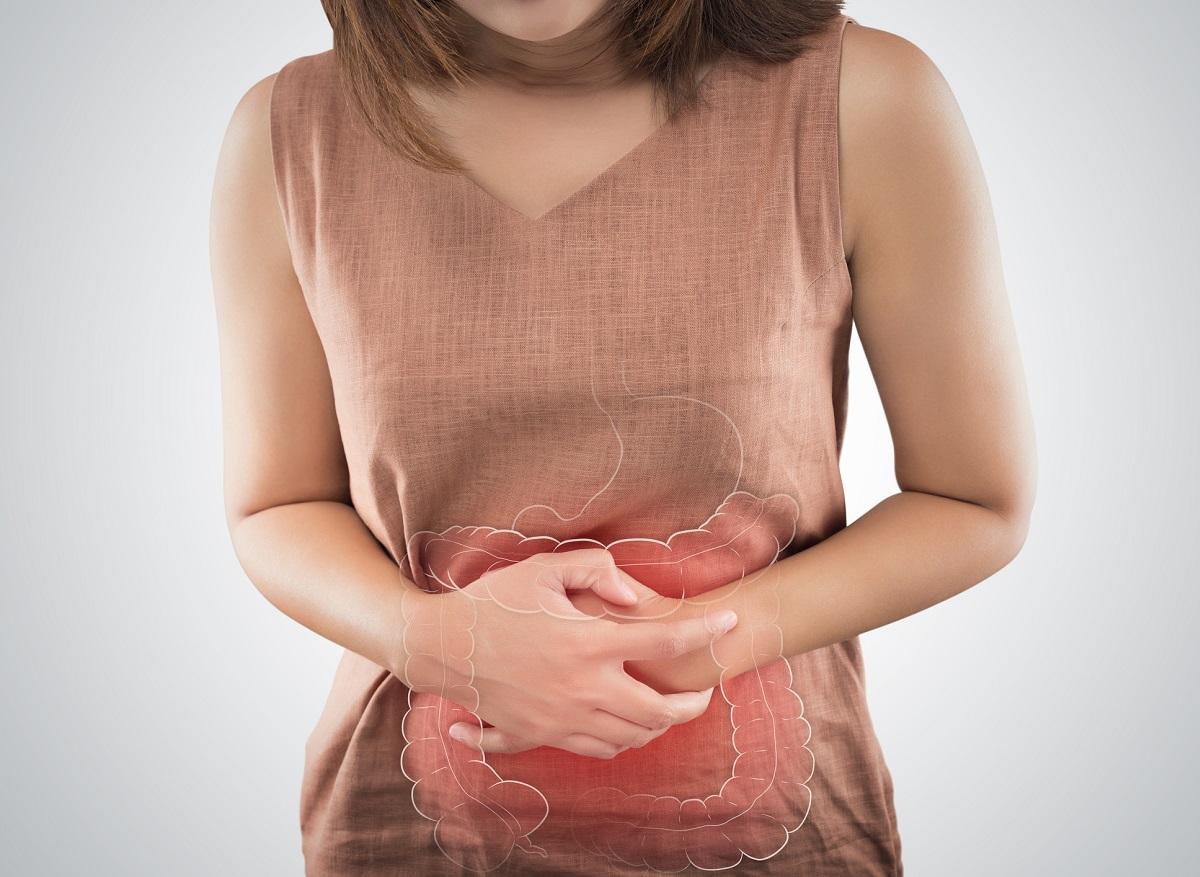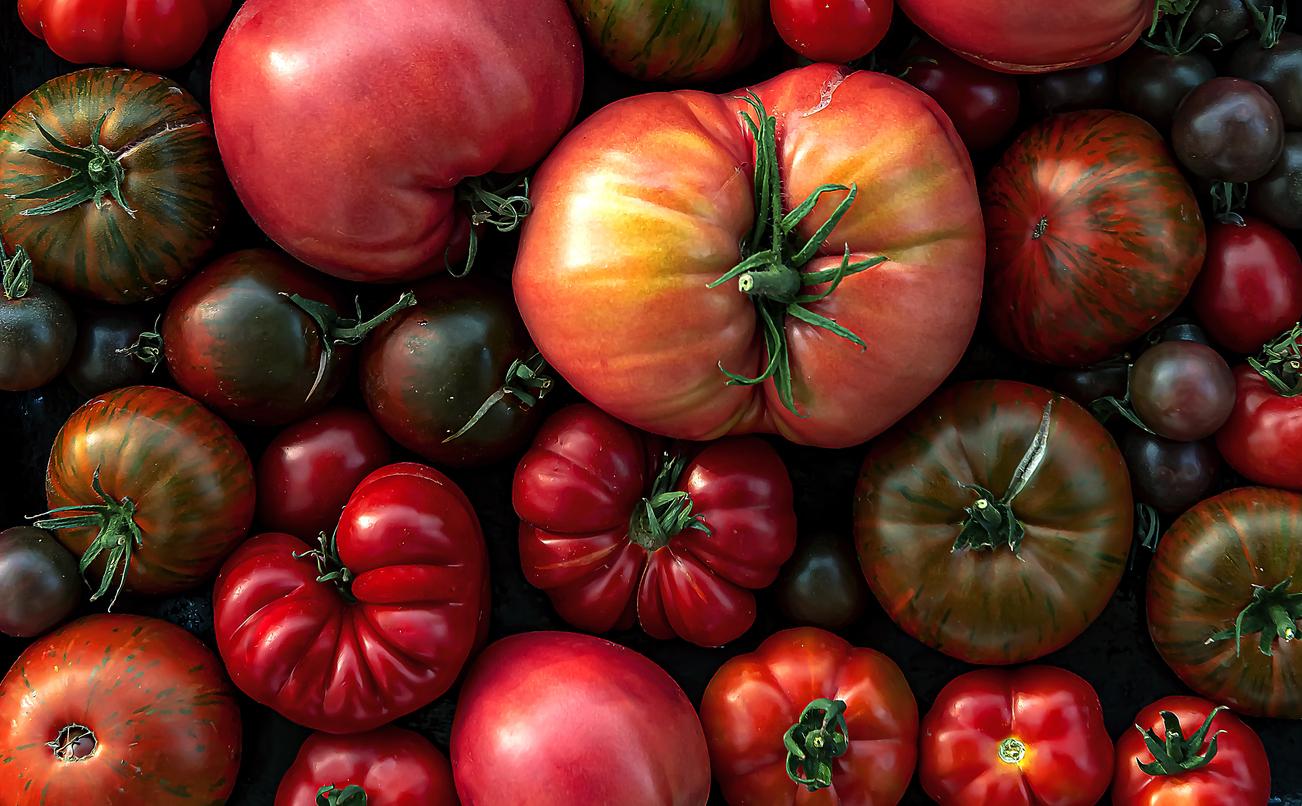Constantly want to sleep? Is your stomach playing tricks on you? You may be potassium deficient.

We tend to worry about our calcium or magnesium levels, but not our potassium. However, this mineral is crucial in the functioning of our body, because it helps regulate its acidity. Its deficiency can cause all sorts of inconveniences. Among which a feeling of fatigue or weakness, muscle cramps, intestinal laziness, bloating, abdominal pain or constipation.
Our potassium needs are growing
In our body, potassium acts with sodium. The problem is that today, and particularly in industrialized countries, we eat too salty compared to the recommendations of theWorld Health Organization (WHO). We should consume less than 2000 mg of sodium per day according to her, or 5 grams of salt. It is the equivalent of a teaspoon. According to an American study published in 2015 in the British Medical Journal, this objective is unattainable. As proof, France is a good student with only 0.5% of the population respecting these limits! In addition, excess sodium increases potassium requirements. According to the WHO, you should consume at least 3510 mg per day.
What foods are to be preferred?
To avoid potassium deficiency, you can first opt for green vegetables, such as spinach, peas or even artichokes or leeks. Fish are also rich in potassium, like mackerel. Dried fruits also help to rebalance your internal balance, such as almonds or walnuts. Problem: These foods tend to be more expensive than others. There are others with a whole of even a good potassium level. For example dried figs, 70% dark chocolate, roast chicken, avocado or pumpkin. It should be noted that fatty substances, of animal origin (butter, fresh cream) or vegetable origin (oil, vegetable) are practically devoid of potassium.
Potassium protects against stroke
If potassium can save you some inconvenience, it is also useful to protect you from more serious health problems, such ashypertension, L’heart attack or even thestroke (stroke). In 2014, a study demonstrated, for example, that postmenopausal women who had a diet rich in potassium were exposed to a 12% reduced risk of stroke on average. The risk of death was reduced by 10% on average.

.














